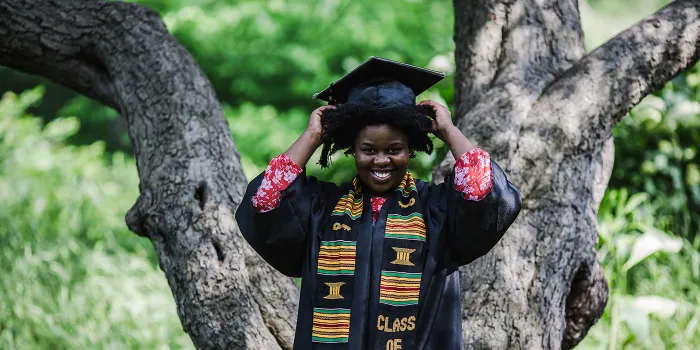Ask a Social Worker is a monthly column featuring questions from the community and answers from members of NHF’s Social Work Working Group. If you have questions for our social workers, send them to [email protected].
Dear Betsy and Diane,
Does it matter if a social worker is an MSW or LCSW? What’s the difference?
We love to hear that you are interested in the role of a social worker in a hemophilia treatment center (HTC), and we would be happy to share more information about these two credentials.
What is an MSW Degree?
MSW stands for Master of Social Work, which refers to the educational degree a person has obtained. When someone has MSW after their name, this means that they attended graduate school to obtain an MSW degree after first obtaining their bachelor’s degree in social work or another field. According to a study done by Henry Ford Health System, in partnership with the National Hemophilia Foundation (NHF), 95.7% of HTC social workers have an MSW degree.
You need a master’s degree in social work to become a clinical social worker. According to the National Association of Social Workers (NASW), “Clinical social work is a specialty practice area of social work which focuses on the assessment, diagnosis, treatment, and prevention of mental illness, emotional, and other behavioral disturbances. Social workers who provide these services are required to be licensed or certified at the clinical level in their state of practice. Clinical social workers perform services in a variety of settings including private practice, hospitals, community mental health, primary care, and agencies.”
What is an LCSW?
LCSW stands for licensed clinical social worker, which refers to the professional licensure a person has obtained. After someone completes the education required to earn their MSW degree, they then must complete additional hours of post-MSW clinical hours in order to meet LCSW licensure requirements in their state. Licensure for LCSWs typically requires two years of supervised experience after earning a master’s degree. After earning an MSW degree, passing the applicable social work exam from the Association of Social Work Boards, and meeting any additional state requirements, graduates are then able to obtain a clinical social work license, or LCSW, in their state.
How both LCSWs and MSWs work together at HTCs
Social workers have been active members of the multidisciplinary team at HTCs for many years; however, their roles may differ greatly from center to center. Social workers advocate for patients, provide a variety of psychosocial and case management services, are a primary source of information and referral, and may provide counseling and therapy to patients and families, as well as consultation to staff.
To get a job as an HTC social worker, you do not need special credentials beyond your social work credentials. Though many HTC social workers may have additional expertise, training, or licensure, it is not required for the role.
Many HTC social workers enter the profession with little experience as a medical social worker or little familiarity with working with the bleeding disorders population, while others may choose to go into this profession based on personal experience or particular interest in working with the bleeding disorders population. The comprehensive and integrated care teams at HTCs are a great source of support, education, and mentorship for new members of the team.
HTC social workers are fortunate to have a variety of resources and training opportunities available to them that are very helpful when integrating into the role. If you’re interested in learning more about the training opportunities available to HTC social workers, visit NHF’s website.
According to NHF, there are about 141 federally funded HTCs and programs across the country. To locate an HTC near you to learn more about job opportunities that might be available, visit the Centers for Disease Control and Prevention’s HTC Directory.
—Betsy Boegeman, MSW, LICSW, LADC
Boegeman is a clinical social worker at the Children’s Minnesota Center for Bleeding and Clotting Disorders in Minneapolis and a member of the Social Work Working Group.
—Diane Bartlett, MSSW, LCSW
Bartlett is a clinical social worker and program manager at St. Luke’s Hemophilia Center in Boise, Idaho, and a member of the Social Work Working Group.

